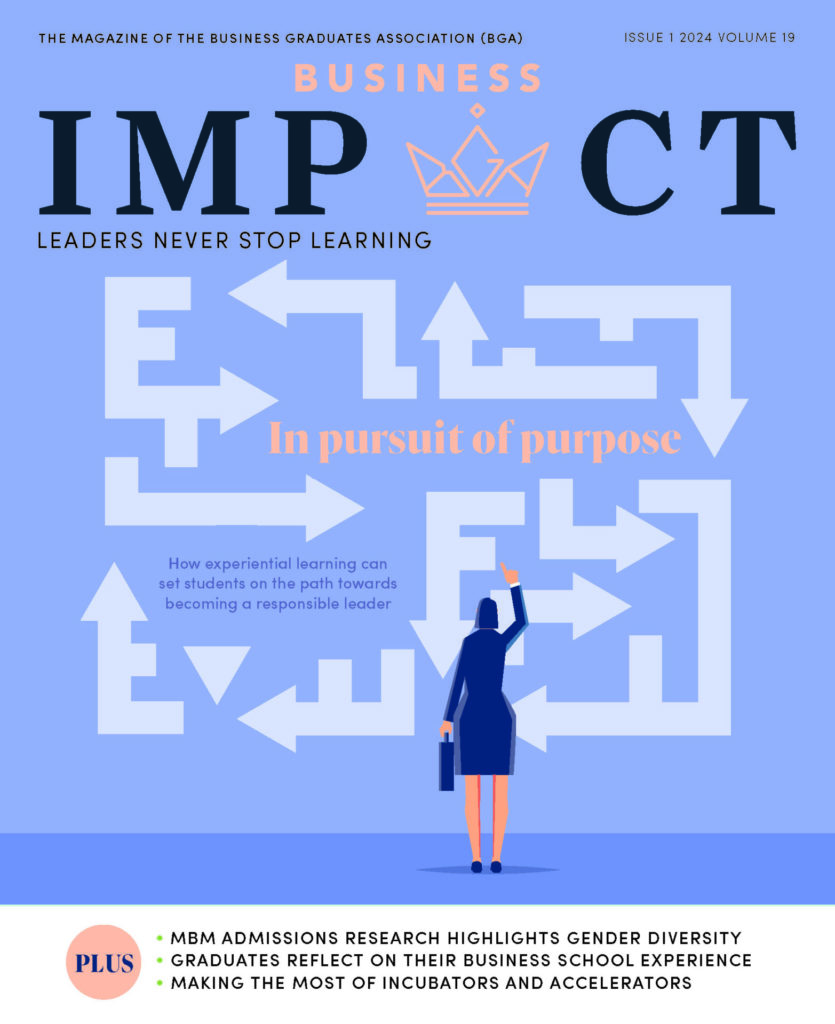Students with strong technical skillsets are confronted with an ever-changing atmosphere in today’s rapidly growing digital era that necessitates striking a fine balance between reaching their academic goals and getting hands-on experience.
Although academic achievement is the cornerstone of technical education, it is the real-world application of concepts and exposure to real-world situations that mould a student’s preparation for the job market. It enables them to build critical problem-solving abilities, create effective cooperation and collaboration and exposes them to market practices and trends while also helping them grasp the practical implications of their education. Additionally, practical experience gives students the opportunity to present their skills, develop a professional network and prove that they are prepared to contribute to the rapidly changing technological scene.
To get an edge in the employment market, students must now possess a broad range of abilities beyond academic knowledge and be able to integrate theory and practice. With this in mind, here are some strategies designed to help technical-minded students juggle their academic obligations with worthwhile real-world experience. They encompass project-based learning; internships; research and development assignments; hackathons and competitions; involvement in professional organisations and student clubs; pursuit of side or freelance projects; and the development of crucial soft skills. These techniques and initiatives allow students to improve their skillsets, increase their employability and position themselves as sought-after candidates in their chosen professions.
Project-based learning
Project-based learning is a powerful tool for closing students’ knowledge gap between the classroom and the actual world. Grounded in real-world challenges, the format offers practical experience, develops problem-solving abilities, and promotes cooperation. Students get to apply theoretical knowledge to real-life situations and acquire insights into business practices through active engagement.
Internship opportunities
Internships are a great way for students to get real-world experience and exposure to the working world. Summer internship schemes or, similarly, co-op opportunities and part-time jobs facilitated by a business school, enable students to learn about a particular field, hone their skills and broaden their professional network. Additionally, they give students knowledge of market trends and allow them to make more informed decisions about their future career direction.
Research and development
A research and development assignment gives students the opportunity to explore innovative ideas, push the frontiers of knowledge and make a contribution to their chosen professions. Students will also get a better grasp of subjects and industry that relate, or are affected by, the project and benefit from exposure to cutting-edge technology and processes by working with academic or industry specialists.
Hackathons and competitions
Business plan competitions and hackathons provide students with a platform to demonstrate their talents, ingenuity and problem-solving abilities. Students can apply their theoretical knowledge in a competitive setting, work with peers and receive recognition from professionals in the sector by taking part in such activities. Additionally, hackathons frequently feature real-world difficulties and promote creative thinking, which fuels the development of practical experience further.
Professional organisations and student clubs
Students that are strong on technical skills but short on practical experience stand to benefit immensely from joining student clubs and professional organisations in their field of study. As well as offering talks and seminars that complement academic learning, they offer rich networking opportunities and industrial insights. Students can also use these initiatives to participate in debates, attend conferences and pick the brains of seasoned experts, improving their comprehension of the real-world applications of their knowledge and growing their professional networks.
Freelance projects and ‘side hustles’
Students can work on their abilities outside the constraints of their academic coursework by taking on ‘side hustles’ or freelance tasks. Working with customers, meeting deadlines and taking on real-world problems are all opportunities provided by freelancing that can help them develop a diverse range of skills. These projects might also become useful portfolio items for future job applications.
Soft skills’ focus
Developing soft skills is just as vital as having technical knowledge. Today’s employers continually emphasise the value they place on competencies that include flexibility, problem-solving, communication and cooperation. These crucial skills help students communicate successfully with peers, clients and stakeholders and can be developed through extracurricular activities, volunteer work, or involvement in student organisations.
**
Embracing practical learning methods and initiatives helps students bridge the knowledge gap between academic settings and the real world. The skills they acquire in the process will leave them better equipped to handle the demands of the labour market, adapt to new technology and make significant contributions to their chosen fields. For this reason, it’s essential that business schools allow students to strike the right balance between academic studies and practical experience.







